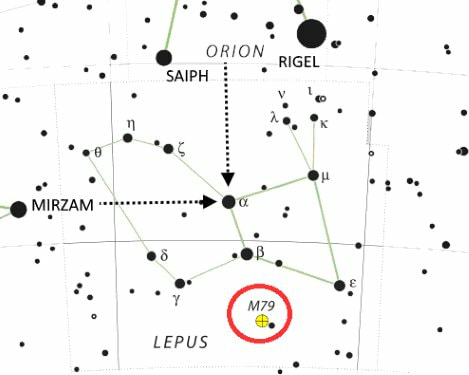FOG Blog
|
Sky Report by Ted Gruber
Evening Sky A total lunar eclipse occurs the night of Sunday, January 20, and will be visible across the entire western hemisphere. The partial eclipse begins at 7:33pm local time, totality begins at 8:41pm, maximum eclipse occurs at 9:12pm, totality ends at 9:43pm, and the partial eclipse ends at 10:50pm. Totality lasts for 62 minutes. The next total lunar eclipse visible here occurs in May 2021. Look for Mars (magnitude 0.9) in high the southwestern sky as darkness falls. The red planet remains visible until setting in the west around midnight. Mercury returns to the evening sky in mid-February, shining at magnitude -1.1. The innermost planet makes its best evening sky appearance of the year later that month, but it dims to magnitude -0.1 by the end of the month. Morning Sky Venus (magnitude -4.1) and Jupiter (magnitude -1.9) dominate the early morning southeastern sky. Through January 22, brighter Venus rises first with Jupiter following soon after. Venus rises a bit later with each passing day, while Jupiter rises a bit earlier. The two planets make their closest apparent approach on January 22 when Venus passes 2° north of Jupiter just before dawn. After that, Jupiter rises first with Venus right on its tail. The moon passes about 0.1° north of Venus the morning of January 31. Saturn (magnitude 0.6) returns to the morning sky in February, rising after Jupiter and Venus. Venus passes 1.1° north of Saturn the morning of February 18. Moon Phases Full (1/21), last (1/27), new (2/4), first (2/12), full (2/19), last (2/26). Messier of the Month – M79 M79 is a magnitude 8.6 globular cluster in the constellation Lepus the Hare. It is about 42,000 light years distant, contains about 150,000 mostly red giant stars, and has an estimated age of 11.7 billion years. M79 appears as a fuzzy star through binoculars, and as a comet-like patch of light through smaller telescopes. Larger telescopes will resolve the cluster’s outer regions.
0 Comments
Your comment will be posted after it is approved.
Leave a Reply. |
Friends of Galileo
We are astronomy enthusiasts who love to learn and to share our wonder at the amazing sights right overhead. Archives
February 2024
Categories
All
|


 RSS Feed
RSS Feed